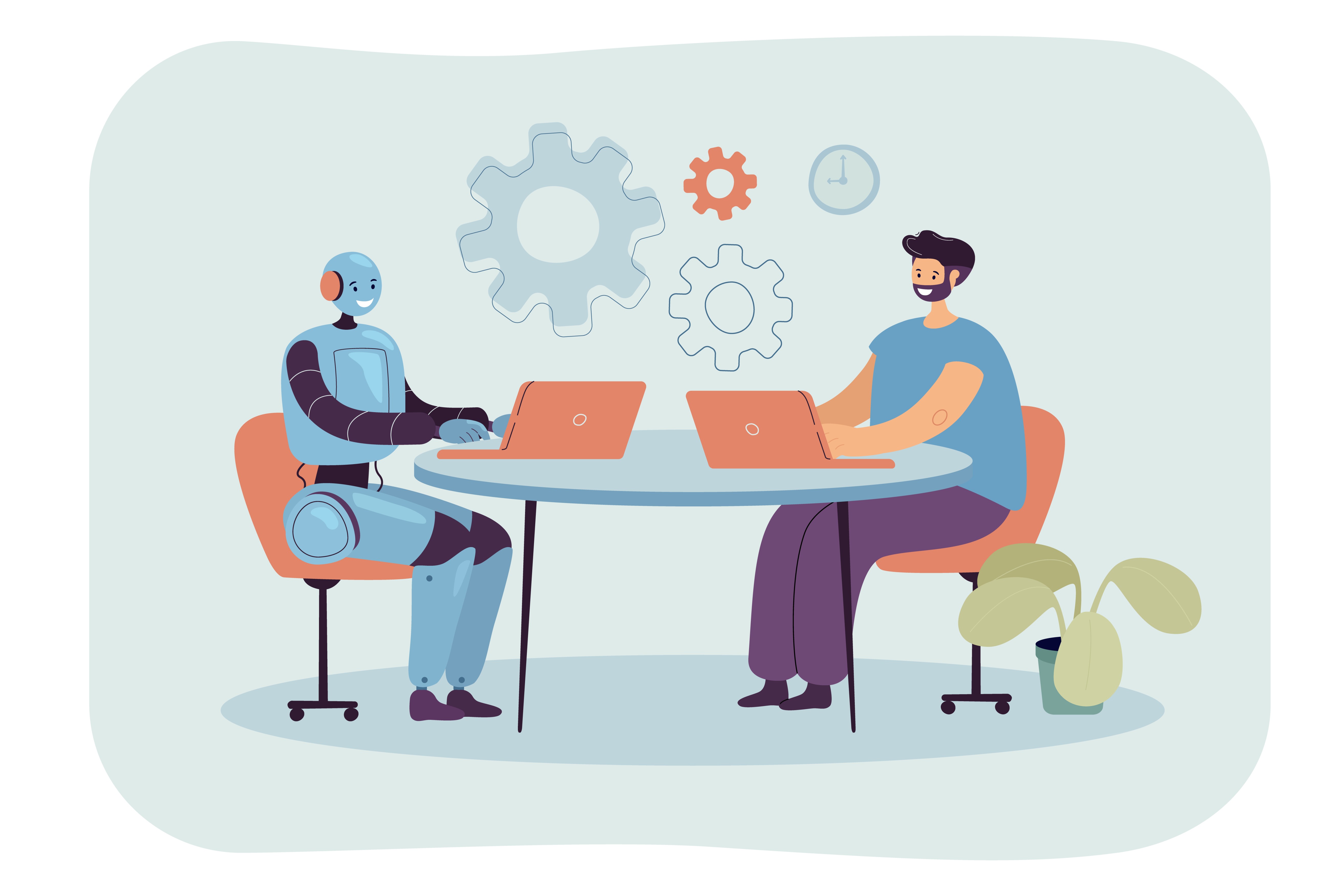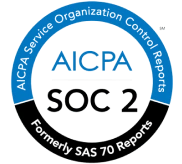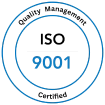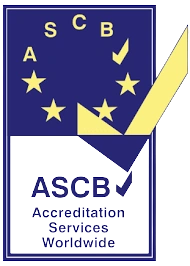Table of Content
- Introduction
- 10 Examples of AI in HR
- Chatbots for Candidate Screening
- Predictive Analytics for Employee Retention
- AI-Powered Resume Parsing
- Bias Detection in Recruitment
- Personalised Learning and Development
- Employee Sentiment Analysis
- Automated Onboarding Processes
- Performance Evaluation and Feedback
- AI-Enabled HR Analytics Dashboards
- Employee Wellness and Engagement
- Conclusion
- FAQs
Introduction
Human Resources departments are turning to Artificial Intelligence to revolutionise their operations. The integration of examples of AI in HR practices has been a game-changer, providing innovative solutions to common challenges. Let's delve into ten remarkable examples of how AI is reshaping the HR landscape and how you can implement them to transform your workplace.
Want to skip the content?

10 Examples of AI in HR
Chatbots for Candidate Screening
The first impression in recruitment is crucial. AI-driven chatbots are changing the way candidates interact with potential employers. These intelligent systems offer a user-friendly interface, engaging candidates in a conversation. This not only creates a positive candidate experience but also efficiently filters out unsuitable applicants, saving HR professionals valuable time.
Traditional application processes can be cumbersome and may deter potential candidates. Chatbots, on the other hand, provide a platform for candidates to ask questions and receive immediate responses, fostering a sense of engagement from the outset.
AI-powered chatbots are equipped with Natural Language Processing (NLP) capabilities, allowing them to analyse candidate responses and match them against predefined criteria. This automated screening process identifies the most promising candidates, enabling HR teams to focus on more strategic aspects of recruitment.
Predictive Analytics for Employee Retention
Employee retention is a critical concern for organisations seeking to maintain a stable and productive workforce. AI-driven predictive analytics by uKnowva HRMS software offer a proactive approach to identifying potential flight risks and implementing targeted retention strategies.
By analysing various data points such as job satisfaction scores, attendance records, and performance metrics, AI algorithms can identify employees who may be considering leaving the company. This early detection allows HR professionals to intervene and address underlying issues.
Once potential flight risks are identified, AI can suggest personalised retention strategies based on individual employee profiles. This tailored approach increases the likelihood of retaining valuable talent, ultimately benefiting the organisation's bottom line.
AI-Powered Resume Parsing
Sifting through resumes can be a time-consuming task for HR professionals. Resume or CV parsing offered by uKnowva HRMS software in India automates this process, extracting key information from resumes and organising it in a structured manner. This not only saves time but also ensures that no valuable details are overlooked.
AI algorithms can identify relevant details such as skills, experience, and qualifications, allowing HR professionals to quickly shortlist the most suitable candidates. This streamlined approach to resume screening enhances the efficiency of the recruitment process.
Bias Detection in Recruitment
Unconscious bias in recruitment can hinder diversity and inclusivity efforts within an organisation. AI tools are now being used to detect and mitigate bias in the hiring process. These tools analyse language patterns and identify any potential bias in job postings or candidate evaluations.
By flagging biassed language or behaviour, AI helps HR professionals ensure fair and inclusive hiring practices. This not only leads to a more diverse workforce but also contributes to a positive and inclusive workplace culture.
One of the examples of AI in HR for removing bias in recruitment is use of AI Suggest by uKnowva HRMS. It helps to generate the right skill sets, interview questions, and job roles and duties to be assigned according to the designation of the person to hire. It leaves no scope to involve any kind of strategic bias into the system when the process is combined with CV parser as well.
Personalised Learning and Development
One-size-fits-all training programs are becoming a thing of the past. AI is enabling organisations to deliver personalised learning experiences to their employees. By analysing individual skills, learning styles, and career goals, AI recommends tailored training programs.
This personalised approach to learning and development not only enhances skill acquisition but also increases employee satisfaction and engagement. It ensures that employees receive the training they need to excel in their specific roles.
Employee Sentiment Analysis
Understanding the sentiments and emotions of employees is vital for maintaining a healthy work environment. AI-powered sentiment analysis tools analyse employee feedback, surveys, and communication channels to gauge overall sentiment.
By proactively identifying areas of concern or dissatisfaction, HR teams can take targeted actions to address issues and improve the employee experience. This leads to higher morale, increased productivity, and improved retention rates.
uKnowva HRMS offers Happiness Metre to capture, collect, and calculate employee sentiments over a period. Recruiters, headhunters, talent managers and specialists read this data thereon to take culture-wide decisions to foster a happier, satisfactory employee experience.
Automated Onboarding Processes
The onboarding process sets the benchmarks for an employee's experience within an organisation. AI-driven automation streamlines administrative tasks associated with onboarding, such as paperwork, document collection, and training scheduling.
By automating these processes, HR teams can ensure a seamless and efficient onboarding experience for new hires. This not only saves time but also provides a positive introduction to the organisation.
Performance Evaluation and Feedback
Providing timely feedback is essential for employee growth and development. AI-powered performance evaluation tools use objective assessment criteria to provide comprehensive feedback.
By removing subjective biases, these tools ensure that performance evaluations are fair and based on measurable outcomes. This leads to more accurate assessments and enables employees to focus on areas for improvement.
AI-Enabled HR Analytics Dashboards
Data-driven decision-making is a cornerstone of effective HR management. AI-enabled HR analytics dashboards provide visualisations of critical HR metrics, allowing HR professionals to make informed decisions.
These dashboards offer insights into areas such as employee turnover, recruitment effectiveness, and workforce demographics. By leveraging data-driven insights, HR teams can implement targeted strategies to optimise workforce management.
Employee Wellness and Engagement
Maintaining employee well-being and engagement is crucial for a productive and motivated workforce. AI tools can monitor employee stress levels, analyse work patterns, and provide recommendations for wellness initiatives.
By tailoring wellness programs to individual needs, organisations can support employee well-being and foster a positive work environment. This, in turn, leads to higher levels of engagement and productivity.
Conclusion
The integration of budding examples of AI in HR practices is transforming the way organisations manage their workforce. By leveraging these innovative technologies, you can enhance recruitment processes, improve employee retention, and create a more inclusive and engaging workplace. Embrace the power of AI to stay ahead in the competitive world of HR management.
FAQs
- How can I start implementing AI in my HR department?
Begin by identifying specific areas where AI can add value, such as recruitment, employee development, or analytics. Then, research and select AI solutions tailored to your organisation's needs.
- Are there any ethical benchmarks to consider when using AI in HR?
Yes, it's crucial to be mindful of potential biases in AI algorithms. Regularly review and fine-tune these systems to ensure fairness and transparency in your HR processes.
- Can AI completely replace human involvement in HR?
No, AI is a valuable tool that can augment HR functions, but human judgement, empathy, and strategic thinking remain essential in many aspects of HR management.
- How can AI improve employee experience?
AI can enhance employee experience by automating administrative tasks, providing personalised training and development opportunities, and proactively addressing concerns.
- What are some common challenges in implementing AI in HR?
Integration with existing systems, data privacy concerns, and ensuring that AI solutions align with your organisation's values and goals are common challenges to consider.












